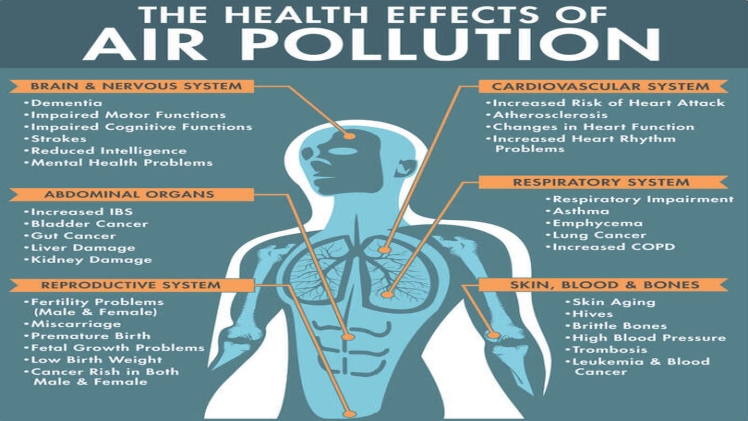
In a recent study, researchers have examined the relationship between air pollution and psychological health. They used a nationally representative survey pool to cross-reference pollution data at the census block level. The study also noted that where a person lives is a strong determinant of their overall well-being. While there is no scientific consensus on the cause of depression, other factors such as access to nature and neighborhood safety may also contribute to mental health problems.
High levels of air pollution can have detrimental effects on both physical and mental health. Exposure to air pollution increases the risk of developing cardiovascular and respiratory diseases. It may also have negative effects on mental health, with studies showing that it can affect memory and cognition. Children exposed to high levels of air pollution can have trouble focusing and solving problems. Similarly, dirty air can affect the way the brain functions. While the effects of air pollution on the brain are not yet fully understood, more research is needed to find a definitive answer.
Please visit for more information: Movierulz Page
The effects of air pollution on mental health are still controversial, but evidence has emerged to suggest that it may cause a range of psychological disorders. Researchers have also shown that air pollution is associated with premature mortality. Although this association is difficult to prove, it is nonetheless an important one. The study recommends a comprehensive approach in evaluating interventions to reduce air pollution. There are many factors to consider in formulating an effective mental health policy, including minimizing the exposure to air pollution.




